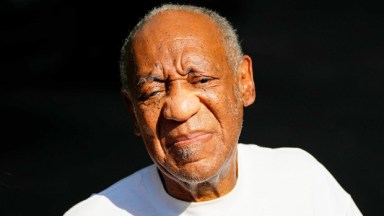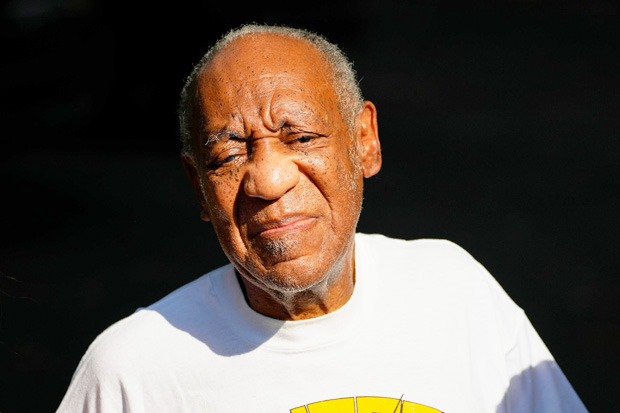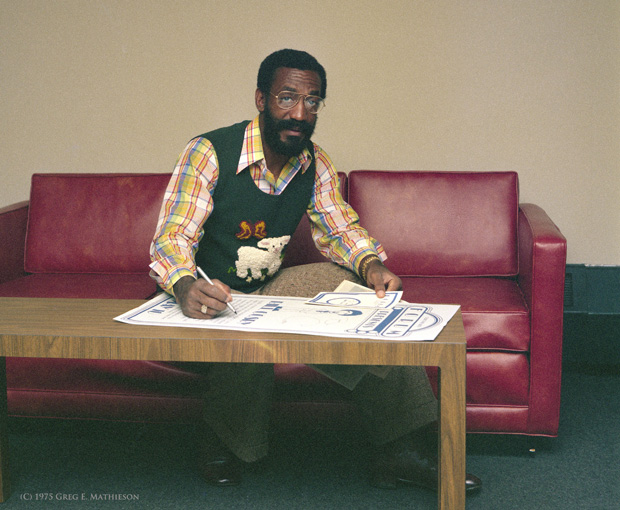
Bill Cosby, 84, was found guilty of sexually assaulting 16-year-old Judy Huth at the Playboy Mansion in 1975, The New York Times reported on June 21. The actor, who allegedly molested Huth in a bedroom at the mansion, was not in the Santa Monica, CA courtroom when the verdict was read after a two week long trial, according to Deadline. The jury’s decision awarded the victim $500,000 in damages.
Huth first filed the lawsuit in 2014 and was seeking damages for emotional distress. She alleged that she met the comedian in 1975 when she and her 17-year-old friend were watching a movie being filmed in a San Marino park in Los Angeles, People reported. She claimed that Bill approached them and asked them to come sit with him, the lawsuit reportedly stated.

Huth further claimed that after movie night, Bill invited her and her friend to meet him at his tennis club the following Saturday, when he allegedly “served them alcoholic beverages” as played billards, the outlet said. She reportedly said that she was required to drink a beer every time Bill won and after the club outing, he took them to the Playboy Mansion, where the alleged assault took place in a bedroom after he asked her to sit on a bed with him.
Although the statue of limitations expired for a criminal case in regard to Huth’s accusations, California law allows victims of underage sexual abuse to file civil lawsuits decades after an alleged incident takes place, which is what she did. Her victory in the case comes a year after Bill was released from prison when his conviction in the Andrea Constand case was overturned. Constand, who said she considered Bill to be a mentor, accused him of drugging and sexually assaulting her in his Elkins Park, PA home in 2004.

The conviction was overturned by the Pennsylvania Supreme Court when the court decided using Bill’s statements from a previous disposition, in which he admitted to giving Quaaludes to women he wanted to have sex with, against him in the case, deprived him of his Fifth Amendments rights due to a previous prosecutor promising him he wouldn’t be charged as long as he gave the deposition. The court’s decision also prevented the prosecutor from refiling the criminal charges, protecting Bill’s freedom.


